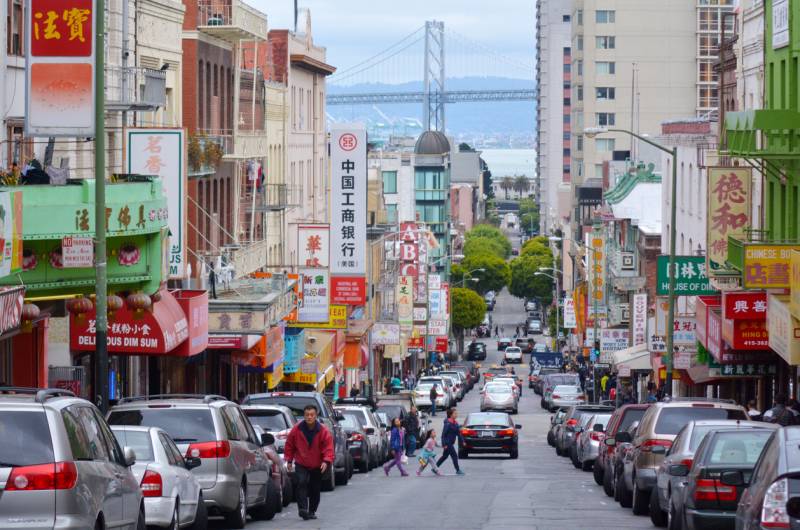Pak said he hopes accurate, up-to-date information can help Chinese Americans stay calm.
“At this point in the United States and definitely in San Francisco since there are no confirmed cases of any novel coronavirus, the risk of transmission or contracting the virus is still low,” Pak said. “But at the same time we still should be vigilant.”
The level of concern, he noted, should be similar to the flu — a much more present virus in this area.
San Francisco’s public health agency offers this message on its website:
“There are zero confirmed cases of novel coronavirus in San Francisco, and the risk to the general public is low. If a case is confirmed in San Francisco we will announce it right here. … Proper handwashing is the most effective way to prevent illness. This means washing your hands often with soap and water for at least 20 seconds.”
In addition to handwashing, Pak said that covering your mouth when coughing and staying isolated if you’re feeling sick (you can call your health provider from home), are two important ways to protect against the potential spread of coronavirus or other illness.
San Francisco public health and emergency management officials met with neighborhood leaders at City College’s Chinatown/North Beach Center campus to address concerns and provide information on how to protect against the potential spread of novel coronavirus.
Pak said that outreach to other San Francisco neighborhoods with large Chinese American populations, like the Richmond, Sunset and the Excelsior District, is also a priority for public health officials.

